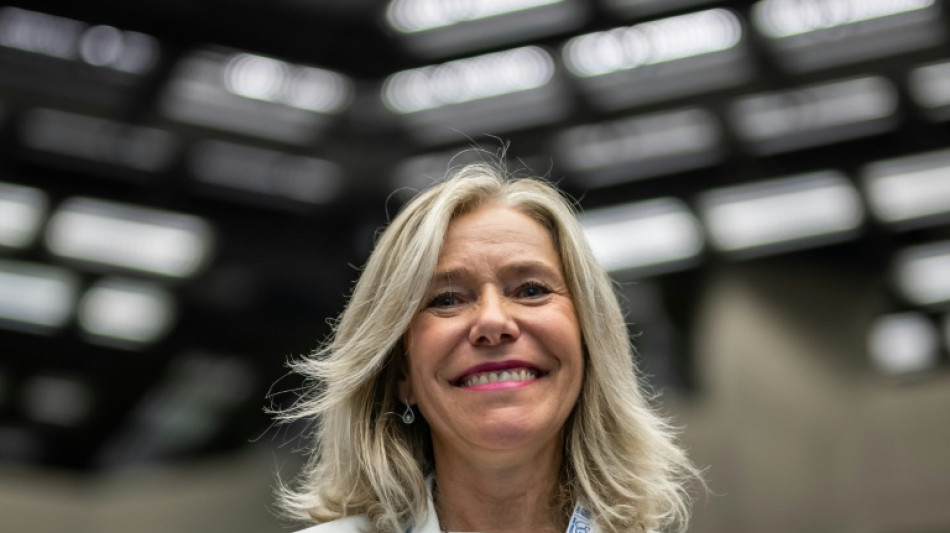
NGG
0.2400


Donald Trump's decision to withdraw the United States from the Paris climate agreement should not slow the global momentum towards renewable energy investments that the deal created, the UN said Wednesday.
"I believe that many countries will continue moving in the direction of green energy," said Celeste Saulo, head of the United Nations' World Meteorological Organization weather and climate agency.
As he took office on Monday, President Trump announced the US withdrawal from the 2015 Paris accord adopted by 195 parties to curb greenhouse gas emissions driving climate change.
Critics warn that the move undermines global cooperation on reducing fossil fuel use and could weaken other countries' commitments to climate action.
But WMO chief Saulo said in a joint interview with AFP and Reuters she did not believe the US exit would slow what are turning out to be profitable investments in green energy.
The shift towards renewable energy sources "is ongoing and... brings wealth to the countries", she said on the sidelines of the World Economic Forum in the Swiss ski resort town of Davos.
"That will not change."
She did not "expect people to move away from investments that are really very profitable and at the same time are green initiatives.
"I think that the move and the momentum that started with the Paris Agreement is there."
- Early warnings -
Trump previously withdrew the United States from the Paris accord in 2017, during his first term, only to see former president Joe Biden re-enter when he took office in 2021.
Monday's announcement, on Trump's first day back in power, signalled that the United States would formally exit in one year, under the accord's rules.
It came as global average temperatures already hit record highs in 2024, while over the past two years they temporarily surpassed a critical 1.5 degrees Celsius warming threshold for the first time.
Asked about Trump's move, Saulo said it was "a decision of a sovereign country, and we need to accept that".
The focus for the WMO now, she said, would be on "continuing the... strong collaboration and engagement of the US" with the agency.
In particular, the work towards establishing early warning systems for extreme weather events should "not be affected", she said.
With extreme weather events on the rise, the UN has said it wants to see every person on Earth protected by early warning systems by 2027 for floods, droughts, heatwaves and storms.
Saulo highlighted the close cooperation between the WMO and the US National Oceanic and Atmospheric Administration (NOAA). The NOAA'S work was "quite impactful worldwide", she stressed.
"I'm sure that that will continue along the same lines, because they are saving lives," including using climate information to issue early warnings for looming disasters.
"I would say that the United States is one of the countries that uses most climate information for decision making," she said.
T.Maeda--JT